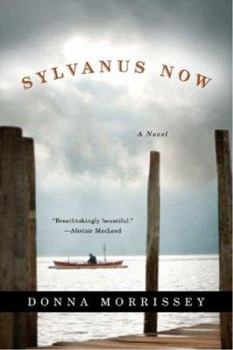Book Overview
On the coast of the great, 1950s Newfoundland fishing banks, Sylvanus Now is a rugged fisherman who treasures the traditions of his small village and his time alone with the vast sea. But when he sees Adelaide, a fiery, proud beauty from a neighboring outport, he is mesmerized and steadily pursues her. Adelaide dreams of escaping across the seas and becoming a missionary, but she is more eager to escape her squealing young brothers and sisters. She soon marries Sylvanus, and the mismatched couple is forced to face one of the great environmental catastrophes of our time: the collapse of the largest fishing grounds on earth.
Through this story of love, loss, and transformation in a dissolving community, Donna Morrissey plumbs the depths of authentic relationships and breathes potent life into the ravaged Newfoundland landscape.
Related Subjects
Contemporary Fiction Genre Fiction Historical Literary Literature & Fiction World Literature




